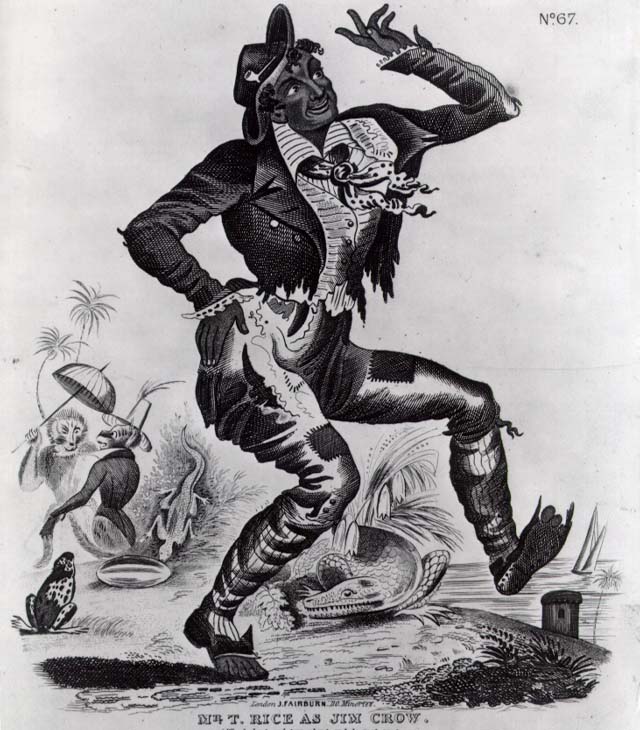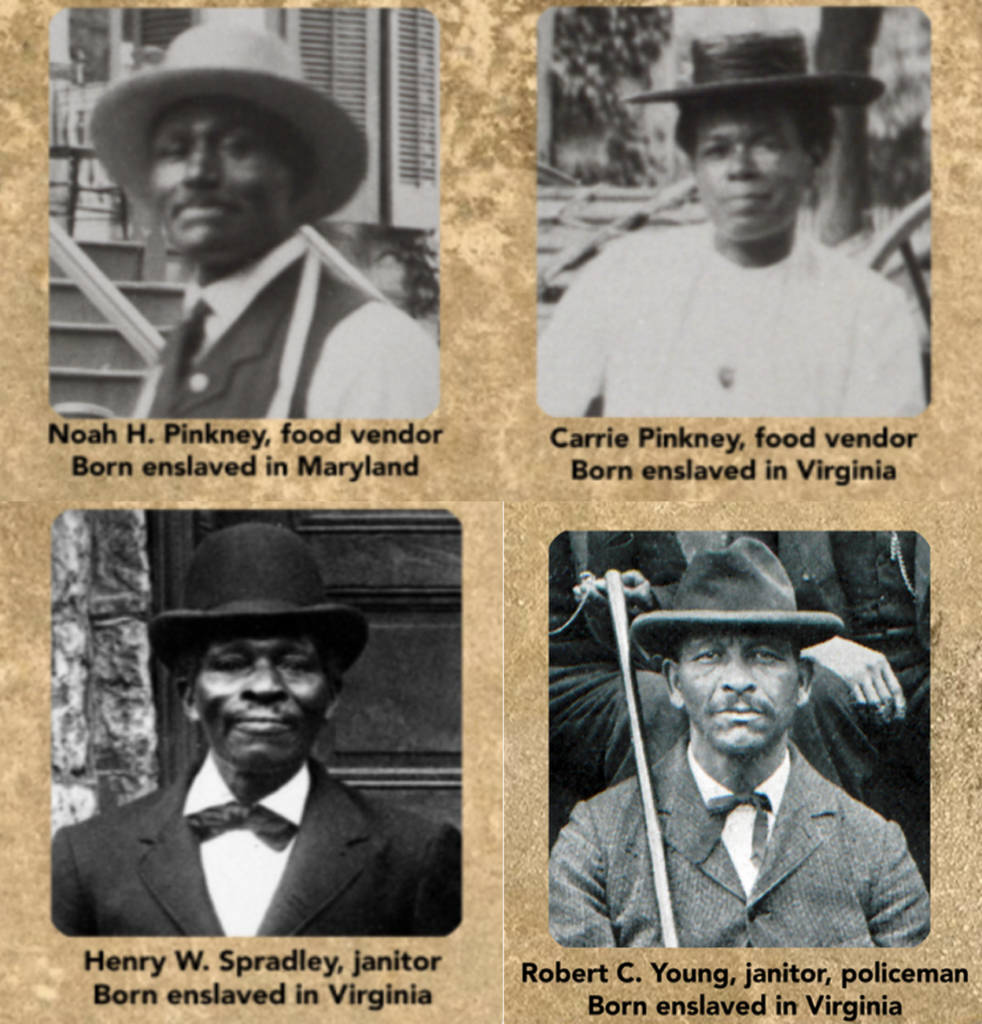Was Dickinson College a progressive institution in the late nineteenth century?
Image Gateway
- For background information on the Jim Crow South, see Origins of Jim Crow (Ferris State) and for the “Jim Crow North,” see Dickinson & Slavery
Overview
Not long after the end of Reconstruction in the South, civil rights reformers faced a new challenge –the rise of “Jim Crow,” or the consolidation of discriminatory laws across the South that created legal segregation of the races. Figures like Frederick Douglass battled fiercely to overturn the spread of segregation and inequality. Douglass was a celebrated figure, but he died in 1895 worried deeply about America’s future, blaming the problem in many ways on its forgetfulness about the past –specifically the meaning of Civil War and emancipation. It was into this troubled climate that ex-slave Booker T. Washington gained renown as the leader of the Tuskegee Institute, a vocational school for African Americans in central Alabama. Washington was determined to promote self-made black people, who could thrive in American society by dint of their own hard work and positive thinking. He was adamant about that formula, sometimes to the point of alienating fellow civil rights reformers. He claimed almost unbelievably in his memoir, for example, that “in all my contact with the white people of the South I have never received a single personal insult.” But then, most famously, he delivered a popular speech at the 1895 Atlanta Cotton States and International Exposition that urged blacks to “Cast down your bucket where you are,” or in other words, to resist migration and political agitation and instead to focus on improving their lives in the South through economic self-sufficiency. It was a message that far different from Douglass’s and their competing views largely defined the spectrum of civil rights debates in the Jim Crow era.
Frederick Douglass (1818 – 1895)
“Slavery is not abolished until the black man has the ballot, or [while] any discrimination exists between white and black at the South.” (Frederick Douglass, May 9, 1865)
“While I am not indifferent to the claims of generous forgetfulness, but whatever else I may forget, I shall never forget the difference between those who fought for liberty and those who fought for slavery; between those who fought to save the Republic and those who fought to destroy it.” (Frederick Douglass, 1894)
Emancipation Memorial (April 1876)
 Discussion Question
Discussion Question
- Why did Douglass’s view of Lincoln appear to have to changed so dramatically in the years following Lincoln’s assassination?
- Jonathan W. White and Scott Sandage, “What Frederick Douglass Had to Say About Monuments,” Smithsonian, June 30, 2020




